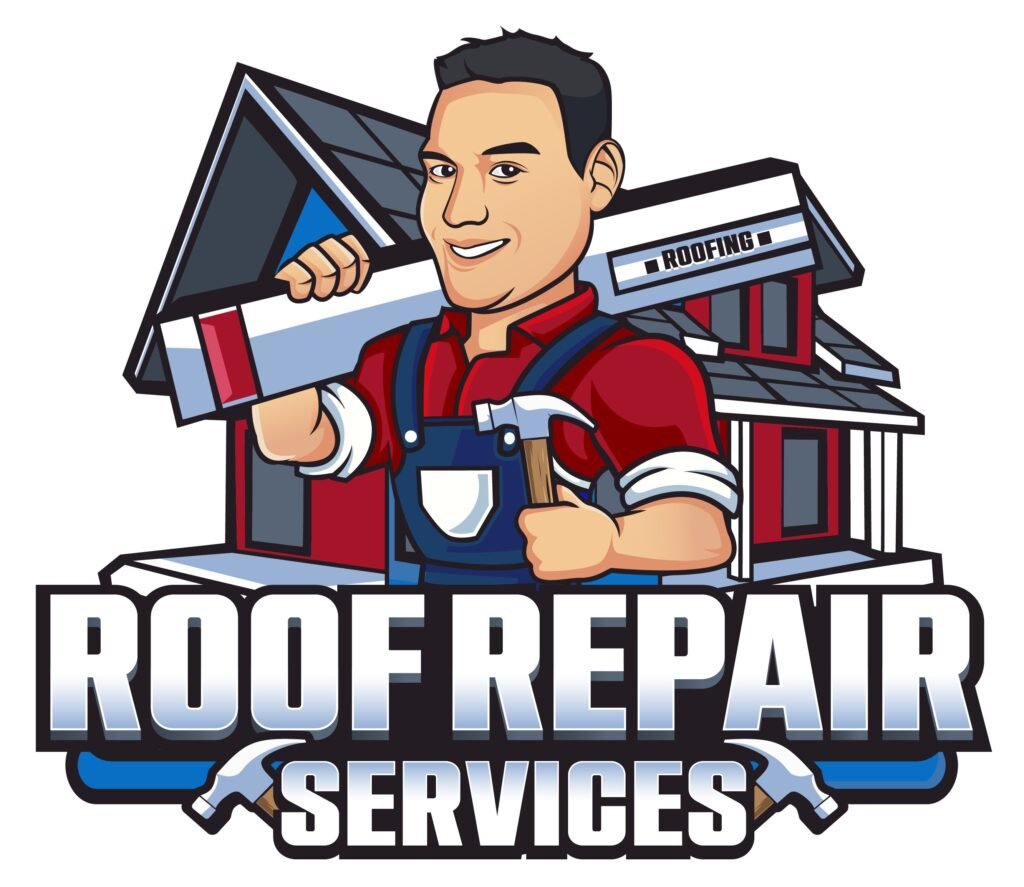Your roof is one of the most crucial components of your home, protecting you from the elements and ensuring your family’s safety and comfort. However, over time, roofs experience wear and tear due to weather conditions, aging materials, and unexpected damage. When issues arise, homeowners often find themselves at a crossroads: should they opt for a roof repair or a complete roof replacement? This guide will help you understand the differences between the two options, their benefits, and how to determine the best choice for your home.


Understanding Roof Repair
Roof repair is the process of fixing specific damages or issues without replacing the entire roofing system. This option is ideal for minor problems such as:
- Missing or damaged shingles – Caused by wind, storms, or general wear.
- Leaks and water damage – Often due to cracked flashing or improperly sealed vents.
- Ponding water – A common issue in flat roofs that can lead to leaks and structural damage.
- Minor structural damage – Small areas affected by pests, mold, or weather conditions.
Benefits of Roof Repair
- Cost-Effective – Repairing a small section of your roof is significantly cheaper than a full replacement.
- Time-Saving – Roof repairs take less time to complete, reducing the disruption to your home.
- Extends Roof Lifespan – Regular maintenance and repairs can extend the life of your current roof.
- Environmentally Friendly – Less waste is produced when only a portion of the roof is repaired.
While roof repair is a great solution for minor problems, it may not always be the best option. If your roof has extensive damage or is reaching the end of its lifespan, a roof replacement may be necessary.
Understanding Roof Replacement
Roof replacement involves removing the old roofing system and installing a completely new one. This is typically required when repairs are no longer sufficient to maintain the integrity of the roof. Signs that you may need a roof replacement include:
- Severe or widespread damage – Large sections of missing shingles, extensive leaks, or sagging areas.
- Aging roof – Asphalt shingles typically last 20–30 years; if your roof is near or past this age, replacement is a wise investment.
- Frequent Repairs – If you’re constantly patching up issues, the costs of ongoing repairs may exceed the price of a replacement.
- Mold or Rotting Underlayment – A sign of deeper structural problems that a simple repair won’t fix.
Benefits of Roof Replacement
- Increases Home Value – A new roof boosts curb appeal and resale value, making it a smart investment.
- Long-Term Solution – A replacement lasts much longer than multiple repairs.
- Energy Efficiency – Modern roofing materials offer better insulation, reducing energy costs.
- Enhanced Protection – A new roof ensures maximum protection from weather and external elements.
How to Decide Between Roof Repair and Replacement
Determining whether you need a repair or full replacement depends on several factors:
1. Extent of Damage
If only a small portion of the roof is affected, repairs are usually sufficient. However, if more than 30% of the roof is damaged, a replacement may be a more cost-effective option in the long run.
2. Age of the Roof
If your roof is nearing the end of its expected lifespan, investing in a replacement is a smarter choice rather than continuously paying for repairs.
3. Cost Considerations
Although a full replacement requires a higher upfront cost, it may save you money in the long run by reducing the need for frequent repairs and improving energy efficiency.
4. Future Plans
If you plan to sell your home in the near future, a roof replacement can increase property value and attract buyers. However, if you intend to stay in your home for many years, repairing may be a temporary but viable solution.
Choosing the Right Roofing Contractor
Whether you choose roof repair or roof replacement, hiring a reputable roofing contractor is essential. Here’s what to look for when selecting a professional:
- Experience & Expertise – Choose a contractor with a proven track record in roofing services.
- Licensed & Insured – Ensure the company is licensed and carries insurance for liability and worker’s compensation.
- Customer Reviews & References – Check online reviews and ask for references from past clients.
- Detailed Estimates – Get a written estimate outlining labor, materials, and potential additional costs.
Key Takeaways on Roof Repair vs. Replacement Decisions
Both roof repair and roof replacement have their advantages depending on your roof’s condition, budget, and long-term goals. If the damage is minor and your roof is relatively new, repairs may be all you need. However, if your roof is aging or has significant issues, a full replacement may be the best investment.
By working with a trusted roofing contractor and assessing the condition of your roof, you can make an informed decision that ensures the safety, comfort, and value of your home. Regular maintenance and timely repairs will also help extend the lifespan of your roof, saving you money and hassle in the long run.
